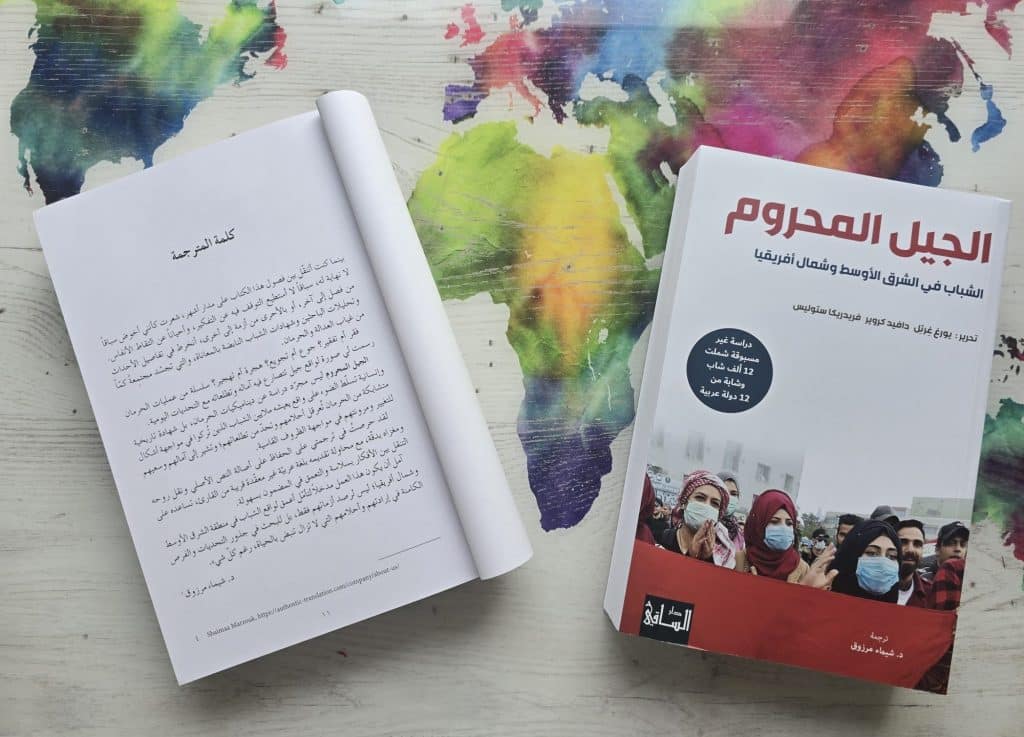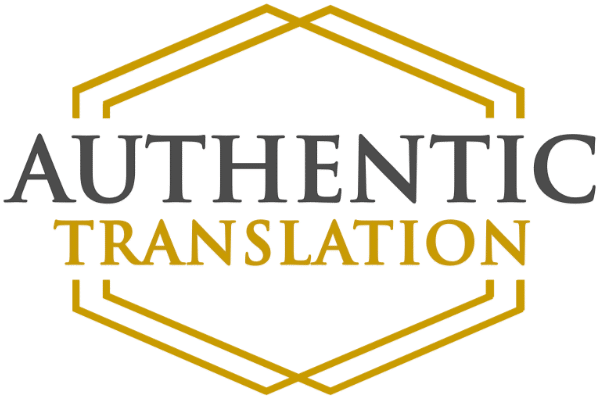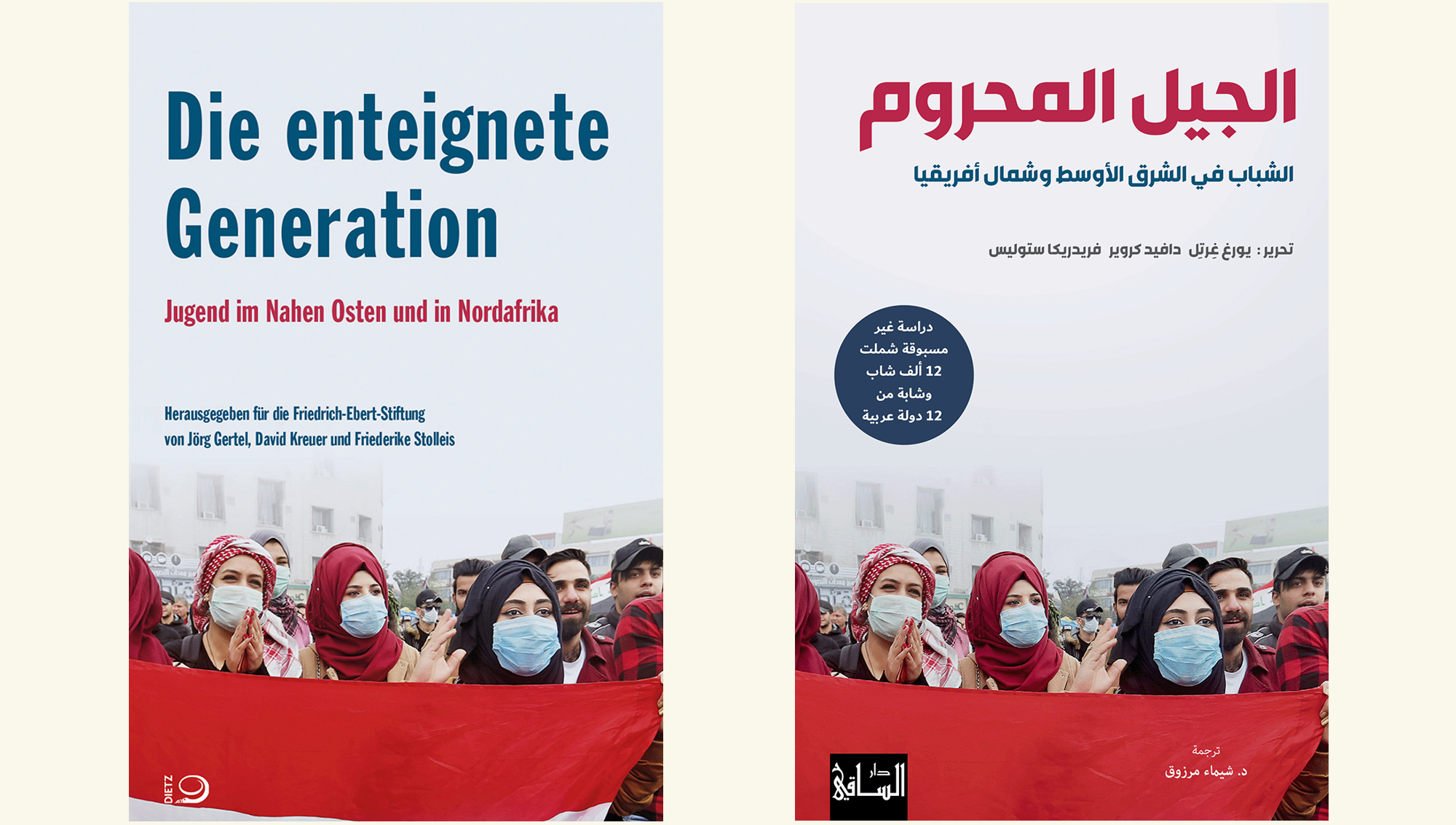Translating complex socio-geographical and socio-political research involves more than converting words. Each concept required careful consideration of technical accuracy and contextual nuance to ensure the findings maintained their scientific integrity while being accessible to Arabic readers. I strived to preserve the authenticity and depth of the original text while rendering it in clear, approachable Arabic—language that would guide the reader smoothly through the ideas and encourage deeper engagement with the content.
The specialized terminology of social research often lacks direct equivalents, requiring creative yet precise solutions. The process involved navigating intricate terminology around youth disillusionment, socioeconomic precarity, and political engagement—concepts that demand meticulous attention to preserve their analytical power. Working closely with the research team, I developed a comprehensive glossary of terms that preserved the analytical framework while speaking directly to Arabic-speaking audiences. This collaborative approach was essential to maintaining conceptual integrity throughout the translation process. Thanks to the editors Jörg Gertel, David Kreuer, and Friederike Stolleis for their collaborative spirit and thoughtful feedback during this journey.
What makes this project particularly significant is its potential for multilayered impact. Beyond enabling the communities studied to engage with research about their lived experiences, the study contributes to a more nuanced understanding of youth challenges in the region. While institutional change often follows complex pathways beyond academic research alone, the study provides crucial empirical evidence that challenges simplistic narratives about MENA youth. This study with its in-depth analyses being available in three widely spoken languages (Firma Verlag J.H.W. Dietz Nachf. GmbH, Dar al Saqi, Saqi Books) represents an important contribution to transnational knowledge exchange on pressing social questions.
Working with academic and policy-focused texts, having a research background proved invaluable in navigating such complex projects. Understanding methodological approaches, interpreting statistical findings, and grasping theoretical frameworks empowers translators to make informed choices when faced with translation dilemmas. One of the challenging aspects was conveying the multi-layered concept of dispossession, which required in-depth discussion with the researchers. Another challenge was adapting visual data representations to maintain their interpretive power while accommodating right-to-left reading patterns and culturally specific data visualization conventions—a well-known aspect when translating into Arabic, yet one that needs especially in large-scale research projects to be considered early enough and well-integrated into the project timeline.
The multilingual availability of this research ensures its insights can reach all stakeholders who need them most. I invite you to explore this landmark study in your preferred language: German, English, or Arabic.

🔗 Learn more about the Youth Study of Friedrich Ebert Stiftung MENA:
German: https://www.fes.de/referat-naher-mittlerer-osten-und-nordafrika/jugendstudie
English: https://mena.fes.de/topics/fes-mena-youth-study.htm
Arabic: https://mena.fes.de/ar/topics/youth-study.html



